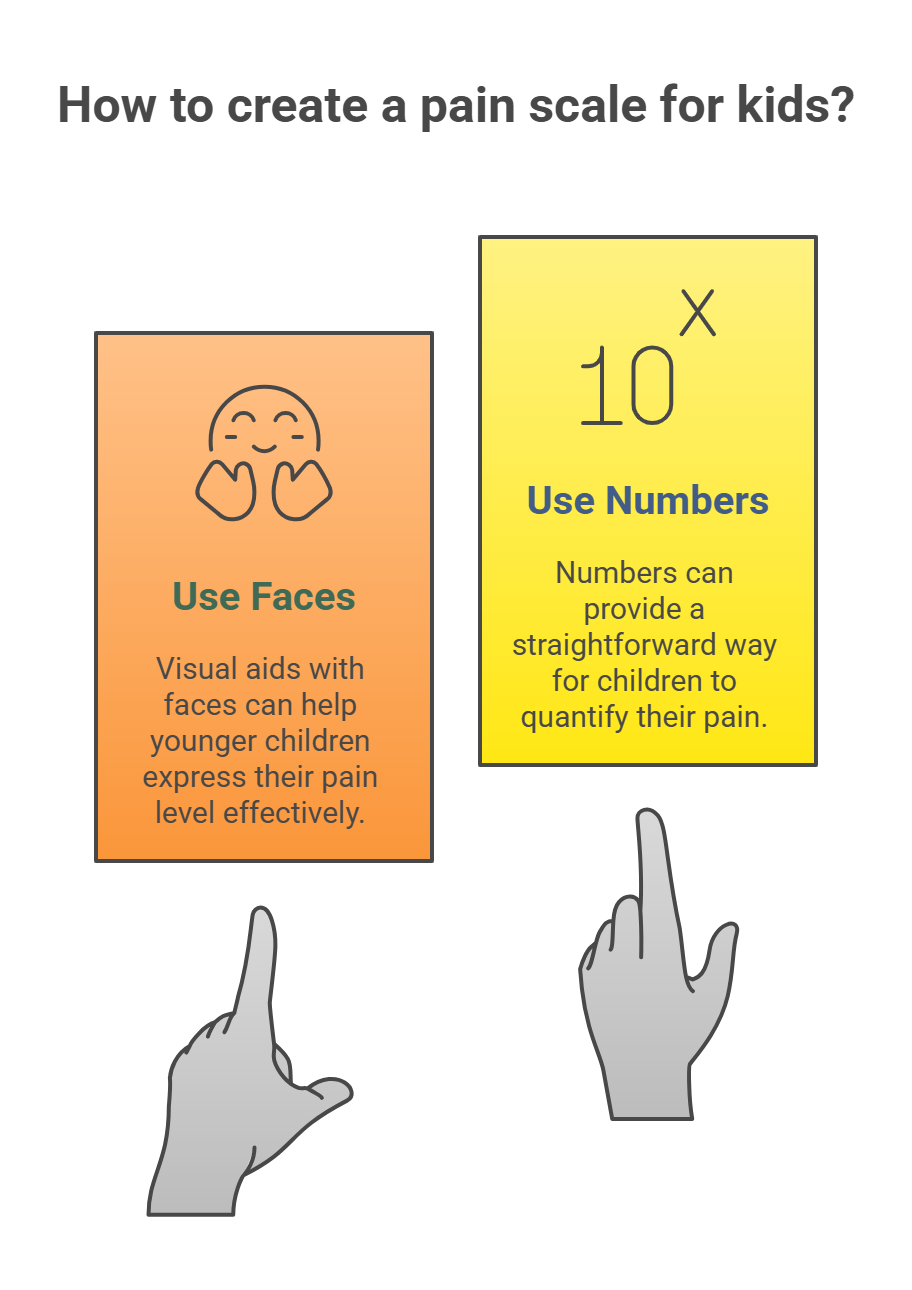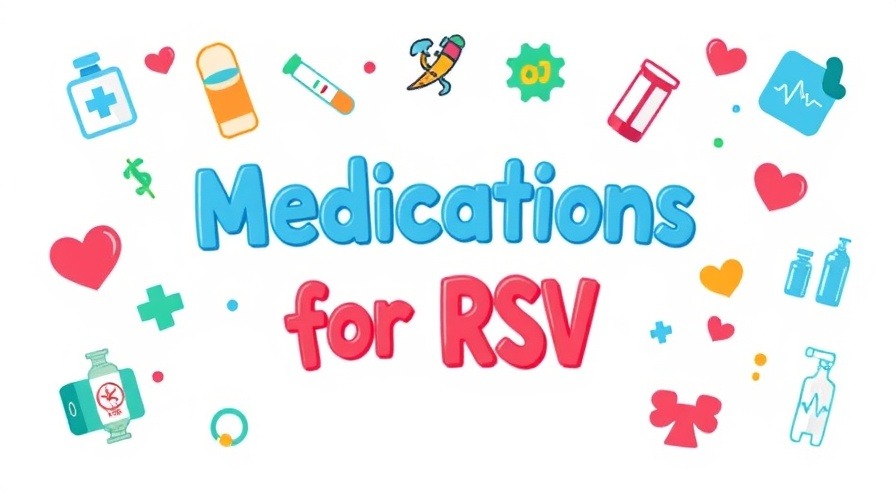
The Relationship Between Age and Pain Communication in Kids
Understanding how children communicate about pain is vital for parents, especially those dealing with chronic conditions like arthritis. The age of the child plays a significant role in their ability to articulate discomfort. Younger children, often diagnosed at an early age, may not express their pain vocally because they are accustomed to living with it, viewing it as a normal part of life. Their limited vocabulary and lack of experience can lead to an inability to convey what they're feeling, making it difficult for parents to gauge the severity of their condition.
In 'How does age impact the way my child communicates about their pain?', we delve into the nuances of pain communication based on age, and this discussion compelled us to break down its implications for parents.
Why Younger Kids Struggle to Express Pain
As noted in a recent analysis on how age impacts a child's communication regarding pain, children diagnosed under the age of five often grow up with the condition, unaware of any alternative experience. They may completely lack the linguistic tools necessary to discuss their feelings accurately. For instance, if a child with arthritis has always experienced joint pain, they might assume it's a typical experience shared by their peers. Without any references to compare their pain against, younger kids often remain silent about their discomfort.
How Understanding Pain Changes with Age
In contrast, children diagnosed in their early teens, or those who have a more developed cognitive framework, tend to have a more nuanced understanding of their pain. With increased vocabulary and life experience, they can better articulate the emotional and physical aspects of their condition. For example, when a child enters their teenage years, they start to understand that their experience might differ from others. This makes it easier for them to share their feelings and symptoms.
Using Medication as a Starting Point for Conversations
Parents can play a critical role in facilitating discussions about pain, particularly for younger children who may not understand the problem. Sometimes achieving a period of relief through medication or treatment can be a crucial stepping stone. Once a child experiences the distinction between feeling pain and relief, they can begin to articulate their experiences more clearly. This dialogue can be essential not just for their emotional health but also to improve the relationship between the child and parent during challenging times.
Encouraging Expression: Practical Tips for Parents
As a parent, you can foster communication skills around discussing pain by validating your child's feelings. Here are a few strategies:
Encourage Open-Ended Questions: Ask your child questions that require more than a yes or no response about how they feel. For example, 'Can you tell me more about what's bothering you today?'
Create a Pain Scale: Use visual aids like faces or numbers to help younger children express their pain level. This can help them communicate effectively with you and healthcare providers.
Practice Empathy: Share your experiences when you felt pain or discomfort, which can create a safe space for your child to share their own feelings.
Normalize the Conversation: Make discussions about pain a regular part of your interactions to reduce any stigma and make your child comfortable sharing their experiences.
By utilizing these techniques, parents can guide their children in articulating their pain experiences while also teaching them about the importance of communicating health-related issues.

Conclusion: Fostering Understanding and Communication
Understanding the evolution of how children communicate about pain is essential for their mental well-being and overall health. Whether your child is young or a teenager, being an open, proactive parent can help them navigate their feelings. Encourage discussions about their condition and take the initiative to educate them on how to express what they are going through. By taking these steps, you can ensure a healthier parent-child relationship that promotes well-being.
Disclaimer: The following article is for informational purposes only and should not replace professional medical advice. Always consult with your healthcare provider before starting any new weight loss program, medicine, supplement, new diet or exercises, especially if you or your child have underlying health conditions.
 Add Row
Add Row  Add
Add 




 Add Row
Add Row  Add
Add 

Write A Comment